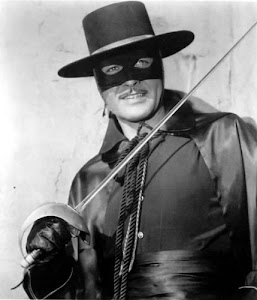 When the enemy attacked, a woman with seven sons felt faint because they would all die. (Jeremiah 15:9 - NCV)
When the enemy attacked, a woman with seven sons felt faint because they would all die. (Jeremiah 15:9 - NCV)With Jerusalem forfeit to Babylon (this was during the run up to Jerusalem’s annihilation and the population’s exile), Judah’s confidence was gone. Having seven sons was a Hebrew word picture of perfect security. A mother’s retirement plan was her sons—with her husband gone they would care for her in her old age. During the battle for Jerusalem, her sons would be KIA, and her social security would be no more.
The scriptures are replete with warnings about putting our trust in the wrong things. When Hezekiah’s Jerusalem was under siege from the Assyrians over a hundred years earlier, Hezekiah worked hard to fortify the walls and build up the military, but when he encouraged the people, his words showed where his real trust was invested: Be strong and courageous. Do not be afraid or discouraged because of the king of Assyria and the vast army with him, for there is a greater power with us than with him. With him is only the arm of flesh, but with us is the Lord our God to help us and to fight our battles. (2 Chronicles 32:7,8)
The psalmist wrote: Some trust in chariots and some in horses, but we trust in the name of the Lord our God. (Psalm 20:7) Jesus warned us not to put our trust in treasures on earth, where moth and rust destroy, and where thieves break in and steal. (Matthew 6:19)
There are many securities in which we can put our trust: a bank account, a life insurance policy, a job, a spouse (and, of course, all of these are good things), but they can all fail us. When our trust is in the Lord, though everything else in our world should fall apart, God will never let us down. When everything else is gone, God will still be on our side.
In what (or whom) have you placed your trust?



 Ben and Will know the most important thing about a baseball game is the food!
Ben and Will know the most important thing about a baseball game is the food!


















